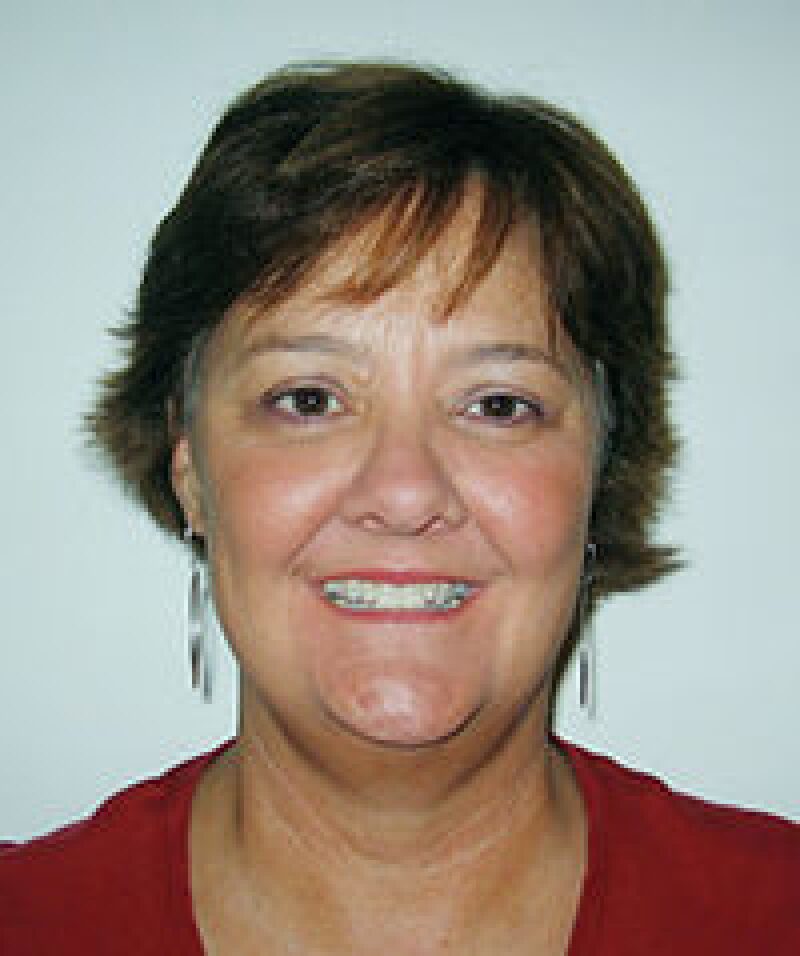It's not just a man's world anymore in the oil and gas industry; women are making a large impact throughout the industry. In this interview, Jerri Babin shares her perspective on how the industry has evolved and on the prospects for women in coming years. With the diversification of the workforce and globalization of the energy sector, companies strive to secure the commitment of diverse, highly productive employees in order to maintain a competitive edge. —Deepak Gala and Tricia Stephens, Editors, HR Discussion
How would you characterize prospects for women in the energy industry?
As the price of oil continues to exceed USD 100 a barrel, the entire oil industry is in a tremendous growth cycle. In every segment, upstream, midstream, and downstream, companies are revamping and streamlining their processes to become more efficient and productive. With this increased activity and positive outlook into the future, job prospects for women are unlimited geographically and exist within virtually every job discipline in the energy sector.
Do you believe we will see increasing numbers of women enter the industry?
Yes, opportunities for women have become more plentiful, and the high-tech nature of the oil and gas industry today certainly has become attractive to women. In addition, the industry has a breadth of opportunities worldwide that can expand the horizons of women beyond the 8-to-5 world of many other jobs they might consider.
Is the shortage of qualified personnel in the energy industry changing the employment landscape for women in the industry?
The shortage of qualified, experienced workers, caused by the industry downturn in the 1980s and 90s, has led to an aging workforce. There was an absence of new blood for almost 20 years. This shortage has definite advantages for young people entering the industry today. The learning curve is shorter, with great opportunities afforded early in one’s career. While visiting college campuses, I have noticed a trend in young women and the positions that they are interested in pursuing. The global market and diverse opportunities for quick advancement have created a very exciting environment in the oil and gas industry for progressive, career-oriented women. In order for large oil and gas companies to attract and retain young women, there must be successful women in place within the organization as role models and mentors.
Would setting quotas for hiring women be helpful?
I believe that quotas do not increase the acceptance of women in the oil industry. Mentoring, career counseling, advancement, and advanced education will go further in recruiting and retaining young women in the industry. Diversity-acceptance training would also help young women interact more comfortably with all levels within the organization.
What initiatives should the energy industry undertake to improve prospects for women to advance their careers?
Leadership seminars established to encourage and develop women within the industry and within the individual organizations will give young women confidence to assume career advancements. More active succession planning will ensure visibility of women ready to advance.
Is greater equity being achieved in women’s compensation, relative to that of men?
Historically women have not been compensated equally. As the industry changes, along with the workforce, women are taking on equally challenging roles and are being compensated for it. If women step out of the workforce to start or raise a family, upon their return to the workforce, we need to develop the ability to negotiate salary and benefits based both on work and home experiences.
Are women becoming as aggressive in salary negotiations as men?
With the Internet and career advice available online, I believe that everyone has more information with which to negotiate more aggressively. People in general believe that if they work hard, they will be compensated for it, or they will seek competitive compensation at another company.
What are the changes you have observed during the course of your career in this industry in terms of opportunities for women?
When I began in this industry, women generally started in a clerical role and progressed through various office positions. I feel very fortunate to have stayed in this industry long enough to see the diverse opportunities now available to women arise. In our organization, as in most, women have moved into engineering, project management, sales, marketing, manufacturing, and leadership positions. Globally, women have made a difference in the oil and gas industry in our ability to see things differently and to use the strengths that diverse viewpoints bring to each assignment.
Has there been any significant change in the attitude of people in the industry towards women in the industry?
With the movement to a high-tech, environmentally friendly global culture, the inclusion attitude has been significant. The oil industry is cultivating a new generation of employees—people who are aware of performing in a global context, are sensitive to diversity, and accepting of multiple viewpoints.


